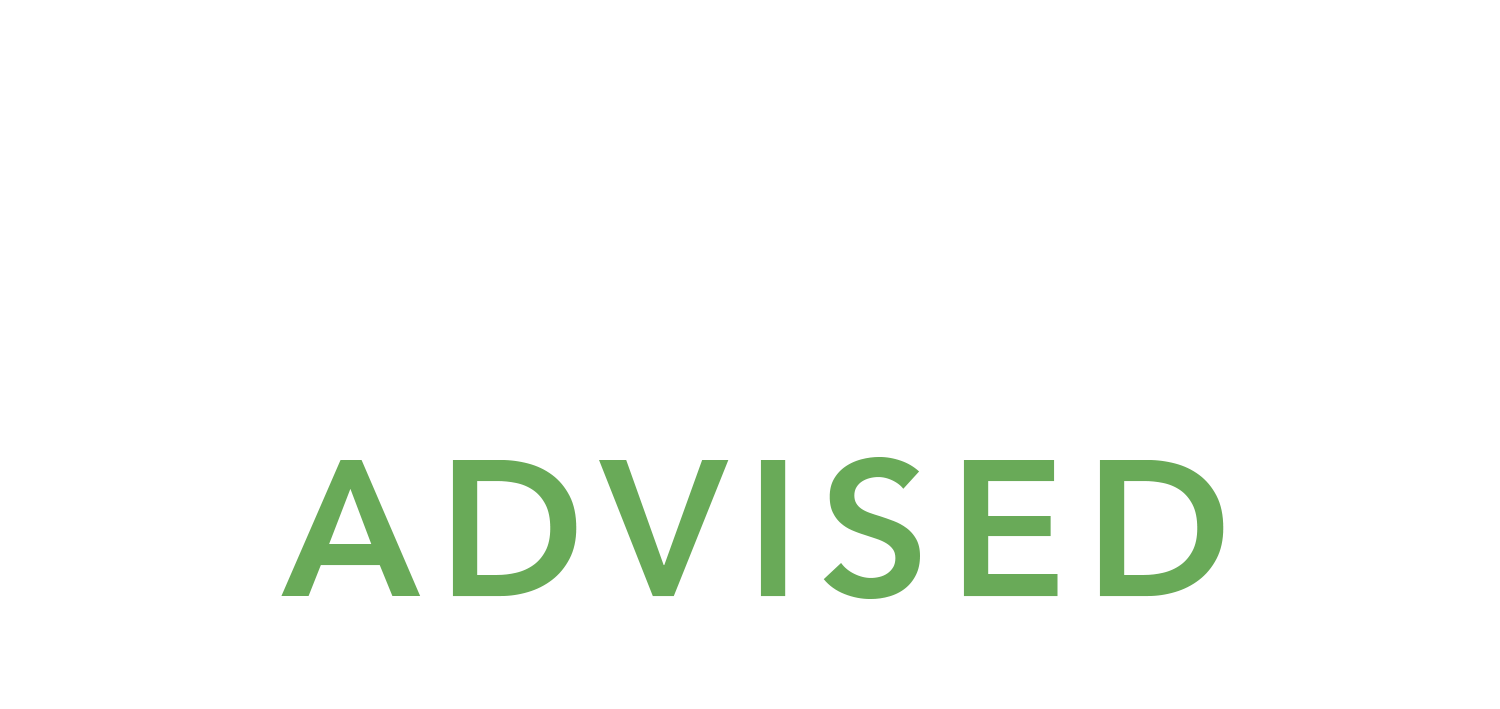It’s time to talk about the dreaded “b” word. That’s right, today we’re going to discuss building your retirement budget. Creating a budget can be stressful under the best of circumstances, and trying to budget for the entirety of your retirement adds an extra layer of pressure. Most people imagine retirement budgeting as something that happens naturally when they determine their retirement savings goals. However, this isn’t the case. You can save all you want, but without a budget in place, there’s no guarantee that you’ll successfully maximize your savings during your golden years.
A Retirement Budget is Different Than a Pre-Retirement Budget
Setting up a pre-retirement budget is fairly straightforward.
- Step One: Write down income.
- Step Two: Subtract expenses.
- Step Three: Set financial goals.
- Step Four: Use excess funds to move toward financial goals and enjoy life.
- Easy as that.
A retirement budget, on the other hand, is a little bit different. Although you’ll have some consistent income during retirement, there’s a time where the funds will run out. When you’re pre-retirement, income comes in consistently. Although life events may leave you with gaps in your cash flow if you change jobs, take time off of work, launch a business, or experience job loss, things stay fairly steady.
You can always adjust your budget during seasons that are a little tighter than usual. However, a retirement budget requires that you budget in a way that keeps longevity in mind. You don’t want to run out of money, and you want your retirement income to be as steady as possible.
Know Your Savings. The first step to take when building your retirement budget is to know what you have saved – and how accessible your savings is. Many people have a savings strategy that involves several different accounts, or different methods of gaining retirement income including:
- A workplace retirement plan
- An individual retirement account
- Insurance
- Social Security
- Part time or freelance work
Having an idea of your total savings and how you’re going to access it is the first step to take when building your retirement budget.
Know All of Your Expenses. Pre-retirement, your expenses are fairly straightforward. If an emergency happens, you typically have an emergency savings to cover it. During retirement, you need to budget for any and all expenses – even the ones you may not be able to fully anticipate. This means understanding your basic “needs” – like housing, utilities, groceries, and transportation. You’ll also need to think about any hefty expenses that may come up at a moment’s notice, like long term care or other medical expenses. Finally, you’ll need to think about your retirement lifestyle.
Do you want to travel? Do you plan to sell your home and downsize? Are you picking up a new hobby that has a set of expenses attached to it – like golf? Account for all of these expenses, and subtract them from the total amount of income you can feasibly expect.
When There Isn’t Enough. Sometimes, when you run the numbers, there’s a possibility that you’ll have enough saved to last you for a period of time during your retirement – and this is where retirement budgeting becomes a little bit more complicated. You don’t necessarily want to deprive yourself during retirement, but you also need to plan for the full length of your life – and there’s no clear way to predict that!
This is where talking to a financial planner to develop a savings strategy that maximizes your savings throughout your retirement can be helpful. Often, you’ll need to develop a kind of “bucket” strategy that stretches your retirement savings for the full length of your retirement.
A financial planner can help you to coordinate a budget that allows you the flexibility to live it up during retirement through travel and pursuing your passions, extend your retirement income to live comfortably after the initial excitement of being newly retired wears off, and save for large potential medical expenses as you age. They may also be able to highlight additional options like delaying retirement by a few years, part-time work, freelance income, and more to free up additional cash flow if you’re concerned that your retirement savings will be a little bit light as you get closer to this new season of your life.
Tony Velasquez runs Wisely Advised, LLC a full-service Registered Investment Advisory Firm offering Financial Planning, Accounting and Investment Advisory services to individuals, families, and businesses.
